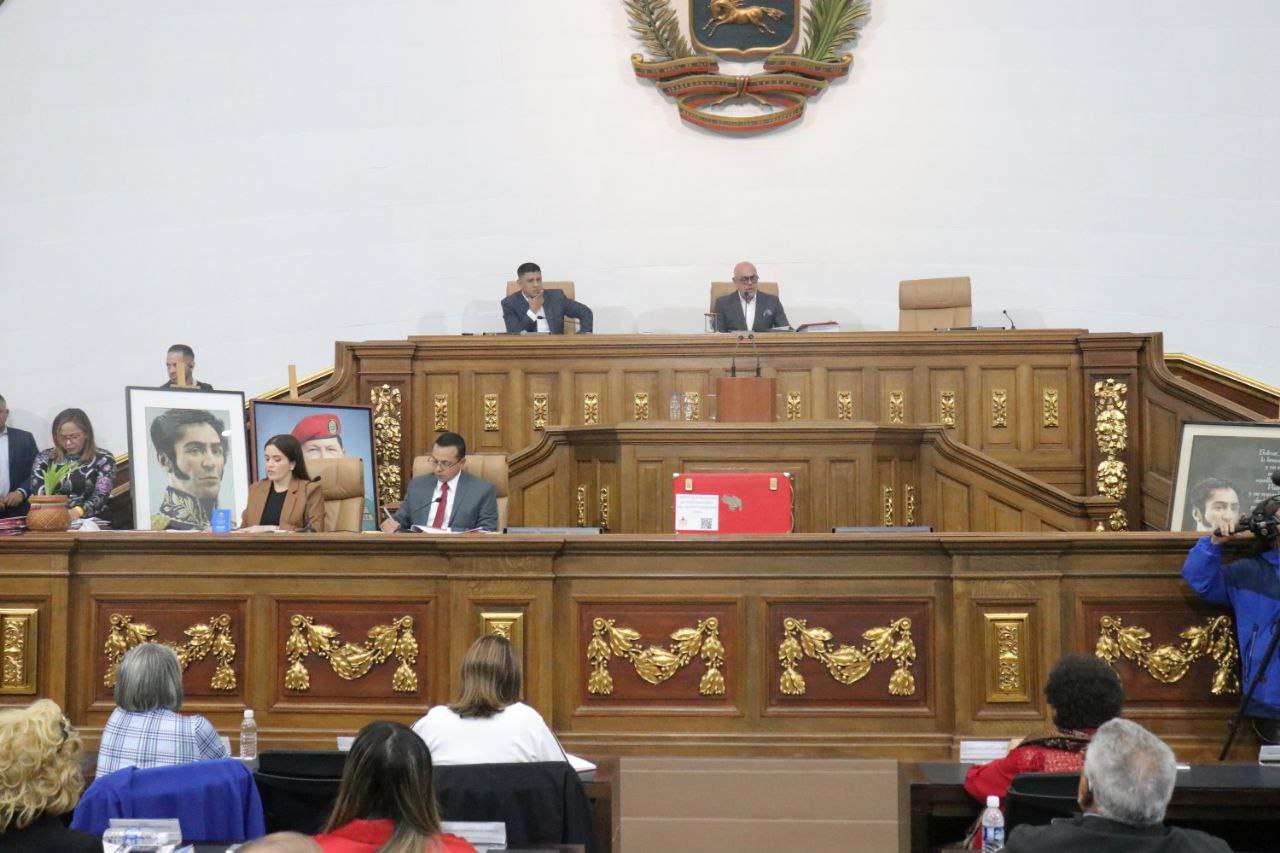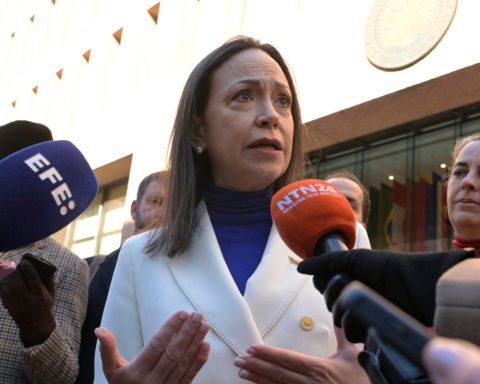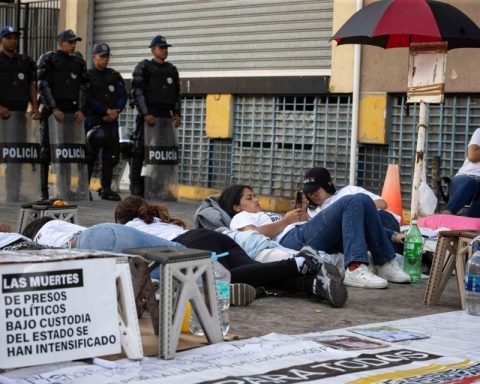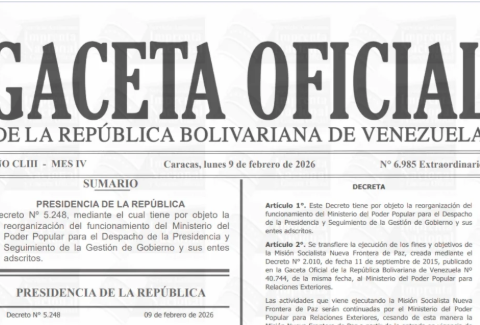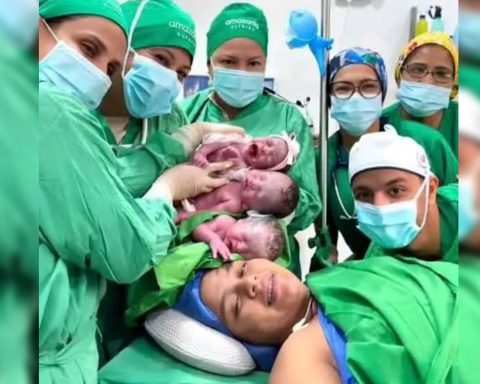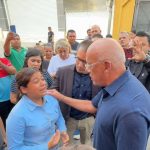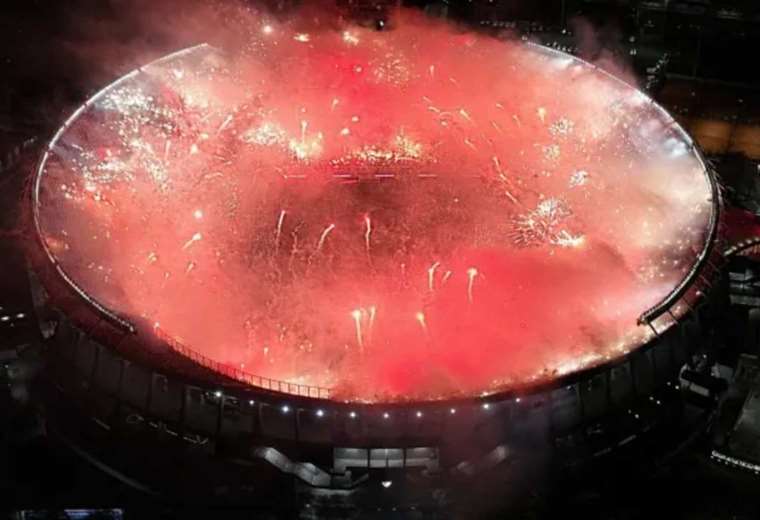The National Assembly (AN) commemorated, this Thursday, the 83rd anniversary of the Birth of the People’s Singer, Alí Primera, and approved an agreement to “remember his musical cultivation, as a popular tool for the defense of the people, identity and strengthening of libertarian memory.”
The agreement, approved unanimously, was presented by Cristóbal Jiménez (PSUV/Nacional), who explained that Alí Primera’s songs became a struggle anthem in the midst of a battle for the vindication of the rights and dignity of the majorities, refers to a press release from parliament.
He highlighted that Alí Primera was characterized in his time by making protest songs, which went to social reality, “he described the calamities, sufferings and most common needs in the feeling of Venezuela, where his lyrics, voice and music were pregnant with love ”, he stated.
He pointed out that, through his anti-imperialist song, he announced the arrival of the Eternal Commander Hugo Chávez and the Bolivarian Revolution.
Jiménez asserted that President Nicolás Maduro has expressed on several occasions that the People’s Singer was the great precursor of the Bolivarian Revolution, since he inspired and sowed revolutionary ideas in the people with his singing.
“All the tenderness, passion, of those children singing the songs of Alí, Tin Marín, Perdóneme, Tío Juan; and one that moves us llaneros, Cunaviche inside, with harp, cuatro and maracas,” he stressed.
The deputy shared that he was with Alí Primera three times, the first time in Maracay, in a political campaign of the Movement towards Socialism (MAS) that belonged to Didalco Bolívar; then at an event on Bolívar Avenue with Teodoro Petkoff; and in another event in Yaritagua with Orlando Fernández Medina, in the program El cantor.
The deputy recalled that the People’s Singer was born on October 31, 1941, in Coro, Falcón state, during the Second World War, and indicated that war drums are currently sounding in the east.
